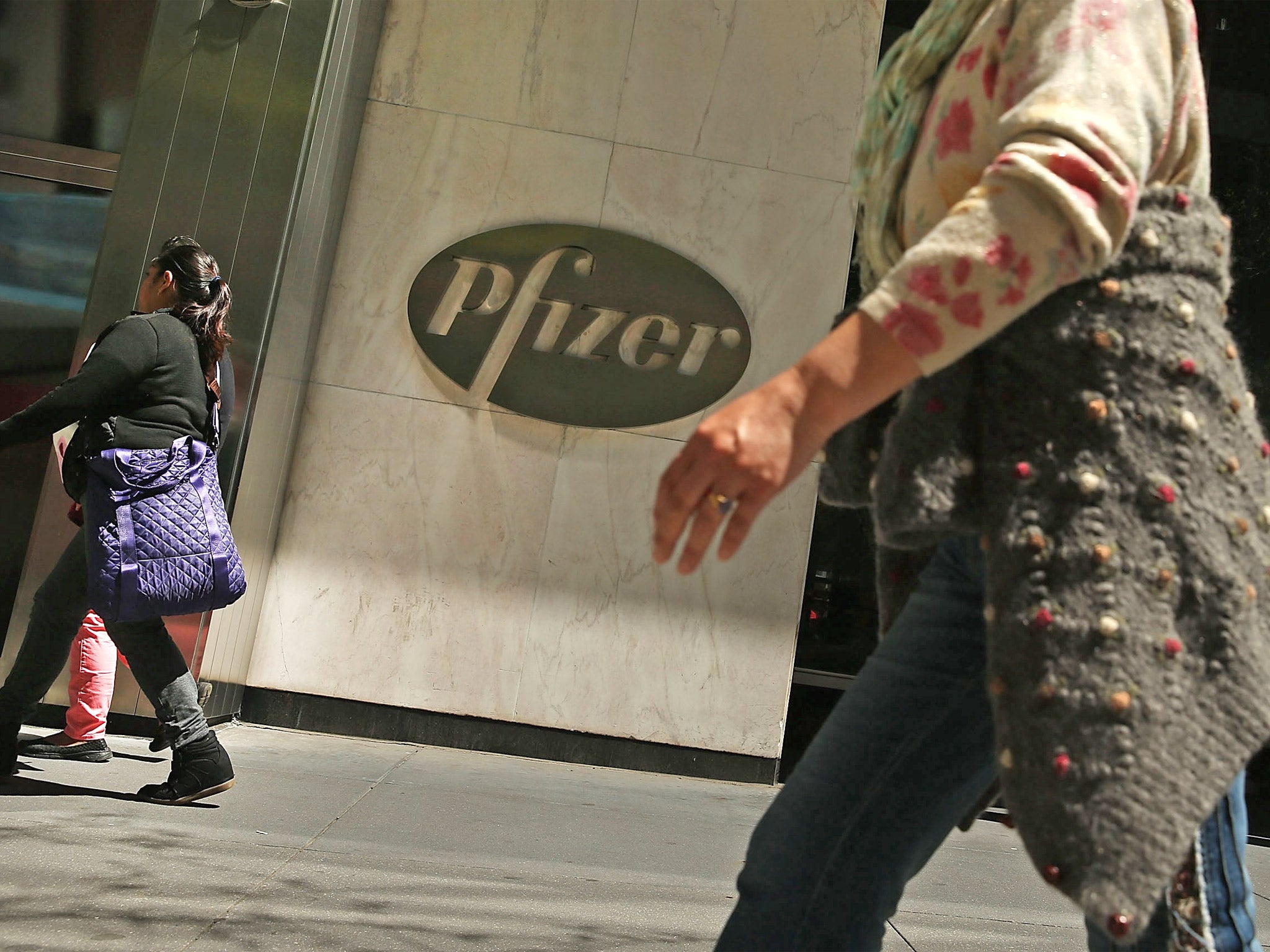AstraZeneca takeover: Science Minister David Willetts warns 'bigger not always better'

Science minister David Willets has warned AstraZeneca risks being reduced to a "junior partner" in an industry where “bigger is not always better” if Pfizer succeeds in its £63 billion takeover.
AstraZeneca would be the “junior partner” of a pharmaceuticals behemoth in an industry where “bigger is not always better” if Pfizer succeeds in its £63 billion takeover, MPs today warned science minister David Willetts.
Andrew Miller, chair of the Science Select Committee which grilled Pfizer boss Ian Read and AstraZeneca’s chief executive Pascal Soriot yesterday, said that the US Viagra-maker’s promises on jobs, including employing a fifth of its research staff in the UK for five years, were “of little value in an industry that measures progress by decades rather than years.”
He added: “science is a long-term enterprise and it requires a genuinely long-term commitment. We are not yet convinced that this is what Pfizer is offering.”
European competition regulators also admitted Pfizer has made not sought advice or talks over any hurdles that a deal would face from authorities. Joaquin Almunia, vice president of the European Commission and head of competition said Pfizer had made “no contact, no conversation”.
That’s despite the potential takeover falling under the jurisdiction of European authorities rather than the UK’s competition watchdog due to its size.
The City widely expects the US pharmaceuticals giant to table a higher bid, as early as tomorrow. Pfizer faces a “put up or shut up” deadline of 26 May.
AstraZeneca continued its rush of drug announcements, this time thrusting new cancer treatment AZD9291 into the limelight. The drug, initially aimed at lung cancer but with the potential to target a wide range of tumours, is the one Astra’s chief executive Pascal Soriot is thought to have referred when he told MPs the heavy cost-cutting involved in a Pfizer deal could cost lives by delaying drug developments.
The City reckons AZD9291 could be worth $3 billion (£1.8 billion).
Join our commenting forum
Join thought-provoking conversations, follow other Independent readers and see their replies
Comments
Bookmark popover
Removed from bookmarks